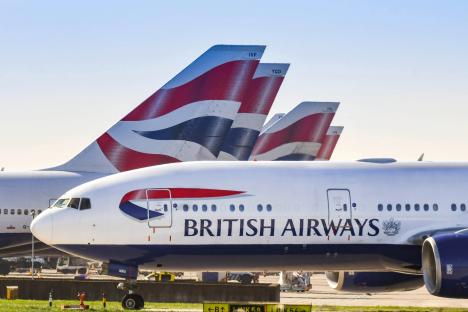Pharmaceutical giant Pfizer is planning to submit the necessary documents to Health Canada “in the next couple of weeks” to seek approval for its COVID-19 vaccine to be used in children between the ages of 12 and 15, a company spokesperson has confirmed.
In an email to Global News on Sunday, Pfizer spokesperson Christina Antoniou, said the company is “currently working on our submission supporting the use of the vaccine in 12-15 year olds.”;
“We plan to file this submission to Health Canada in the next couple of weeks,”; the email read.
Read more: A look at when Canada could start administering COVID-19 vaccines to teens, children
On Friday, Pfizer and its German partner BioNTech asked vaccine regulators in the U.S. to expand the emergency use authorization of its COVID-19 to include adolescents between the ages of 12 and 15.
Late last month, the drugmakers said their vaccine was found to be safe, effective and produced robust antibody responses in 12 to 15-year-olds in a clinical trial.
The companies said more than 2,200 adolescents between 12 and 15 participated in the trial. A total of 18 cases of the coronavirus were identified in the group that was given a placebo shot, but no infections were declared in the group that was given the COVID-19 vaccine.In a statement, Pfizer chairman and chief executive Albert Bourla said he hoped vaccinations of the group could begin before the next school year.
What has Health Canada said?
Health Canada green-lit the Pfizer-BioNTech COVID-19 vaccine back in December of 2020. However, it is only approved for use in those aged 16 and older.
According to the agency's website, the vaccine's “safety and effectiveness in people younger than 16 years of age have not yet been established.”
So far, no COVID-19 vaccines have been approved for use in children under 16 in Canada.
According to the Health Canada website, as of Wednesday, a total of 6,550,032 of the Pfizer-BioNTech vaccines have been delivered across the country.
Read more: Pfizer requests U.S. emergency use for its COVID-19 vaccine in kids aged 12-15
In an email to Global News on Sunday, a spokesperson for Health Canada confirmed the agency had “not yet received a submission” from Pfizer for approval of it's COVID-19 vaccine use in kids.Last month Health Canada’s chief medical adviser Dr. Supriya Sharma, said it is “likely” the vaccine from Pfizer, “if all the data is fine, may be the first” vaccine approved for use in children in Canada.
Sharma said Health Canada will review all of the data “to make sure that those vaccines are safe, effective and of course, of high quality and can be used in children.”;
As of Friday, a total of 181,770 cases of the novel coronavirus had been reported in those 19 years old and younger.
That means approximately 17.7 per cent of Canada’s total coronavirus infections have been detected in children and teenagers.
Read more: Pfizer's COVID-19 vaccine likely to be 1st approved for children in Canada: Sharma
In a previous interview with Global News, Dr. Zain Chagla, an infectious disease expert with McMaster University in Hamilton, said teens transmit COVID-19 “largely the same,” as adults.
“Yes, they don’t get particularly seriously ill, other than the rare case, but we see places like high schools being places where transmission occurs,” he said.
Chagla said vaccinating this age group is going to be “incredibly important” in the coming months.
“When we get to 12 to 16-year-olds towards the end of the summertime, getting a single dose of the vaccine into them is going to actually make things much safer for high school re-opening and let them go back to high school the way it was prior to the pandemic, which has been missing so much throughout all of this.”




